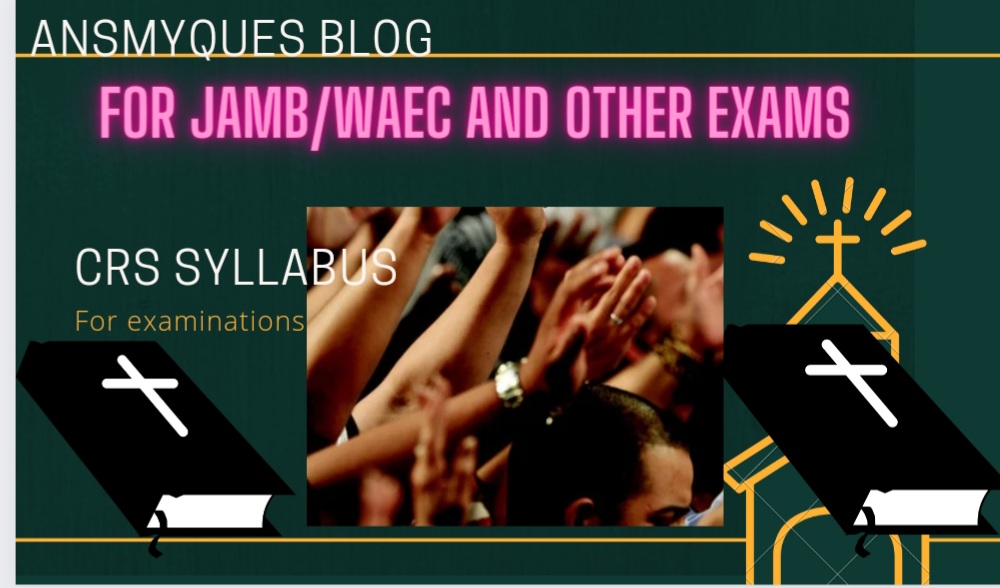Unseen poetry : “Save us from” by Roo Boston using two critical approaches
“Save us from the night
From bleak open highways Without end, and the fluorescent Oases of gas stations
from the gunning of immortal engines past midnight
when time has no meaning, from all night cafes,
their ghoulish slices of pie…”
(Roo Borson – ‘Save us From’)
Question : Which critical approach is most suitable in the analysis of the passage? Justify your choice.
Answer 1 : Using Formalistic Approach
The poem “Save us From” by Roo Borson is a rich and evocative work that lends itself well to analysis through the Formalistic critical approach. This approach, which focuses on the literary work as a self-contained, autonomous entity, is particularly suited to examining the poem’s language, imagery, symbolism, structure, and style.
One of the primary reasons for choosing a Formalistic approach is the poem’s striking language and imagery. The use of words like “bleak”, “fluorescent”, “ghoulish”, and “immortal” creates a distinct atmosphere and tone, drawing the reader into the speaker’s world. The Formalistic approach allows for a close examination of these words and their connotations, revealing how they contribute to the overall mood and meaning of the poem.
Furthermore, the poem employs symbols like the “open highways”, “gas stations”, and “all night cafes”, which can be analyzed for their formal significance. The Formalistic approach helps to uncover how these symbols function within the poem, representing ideas and emotions that are central to the speaker’s experience.
The structure and form of the poem are also noteworthy. The short, fragmented sentences and phrases create a sense of disjointedness and disorientation, mirroring the speaker’s experience. A Formalistic analysis can tease out how this structure contributes to the overall effect of the poem, highlighting the ways in which form and content intersect.
Finally, the speaker’s style and tone, characterized by a sense of desperation and urgency, are also ripe for Formalistic analysis. By examining the ways in which the speaker’s voice is constructed, we can gain insight into the poem’s themes and emotions.
While other critical approaches, such as Psychoanalytic or Marxist criticism, might also be applied to this poem, the Formalistic approach is particularly well-suited due to the poem’s emphasis on language, imagery, symbolism, structure, and style. Through a Formalistic lens, we can gain a deeper understanding of the poem’s intricate web of meanings and its powerful emotional resonance.
Answer 2 : Using Psychological Approach
The poem “Save us From” by Roo Borson is a poignant and evocative work that lends itself well to analysis through a Psychological critical approach. This approach allows us to delve into the speaker’s inner world, exploring the emotions, fears, and desires that shape their experience.
The speaker’s emotional state is one of desperation, urgency, and disorientation, as evident in the plea to be saved from the “night”, “bleak open highways”, and “gunning of immortal engines”. This sense of emotional turmoil suggests a deep-seated psychological distress, which a Psychological approach can help to uncover.
The “bleak open highways” and “gunning of immortal engines” evoke a sense of fear and anxiety, indicating the speaker’s discomfort with the unknown or the uncontrolled. This fear may be a manifestation of the speaker’s inner insecurities or a response to the overwhelming nature of their environment. A Psychological analysis can help to identify the root causes of this fear and its impact on the speaker’s psyche.
Furthermore, the speaker’s search for comfort and solace in the “fluorescent Oases of gas stations” and “all night cafes” suggests a desire for security and human connection. However, the fact that these establishments offer only “ghoulish slices of pie” implies that this comfort is ultimately unsatisfying or even disturbing. This paradox highlights the speaker’s conflicted emotional state, torn between the desire for comfort and the reality of its elusiveness.
The disruption of time and space, evident in the phrase “past midnight when time has no meaning”, adds to the speaker’s sense of disorientation and confusion. This disorientation may be a result of the speaker’s emotional state, or it may be a contributing factor to their distress. A Psychological approach can help to tease out the relationship between the speaker’s emotional state and their experience of time and space.
In conclusion, a Psychological critical approach offers a nuanced understanding of the speaker’s inner world in “Save us From”. By exploring the speaker’s emotions, fears, and desires, we gain insight into the underlying psychological dynamics that drive their plea for salvation. This approach highlights the complex interplay between the speaker’s emotional state, their environment, and their search for comfort and meaning.
IBKintellect Edu Consult
whatsapp : 08130184805


